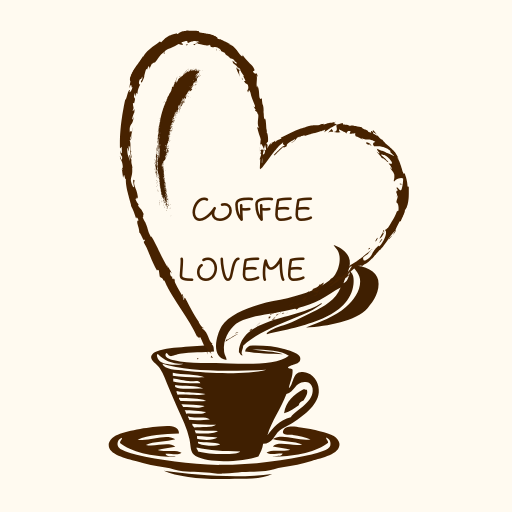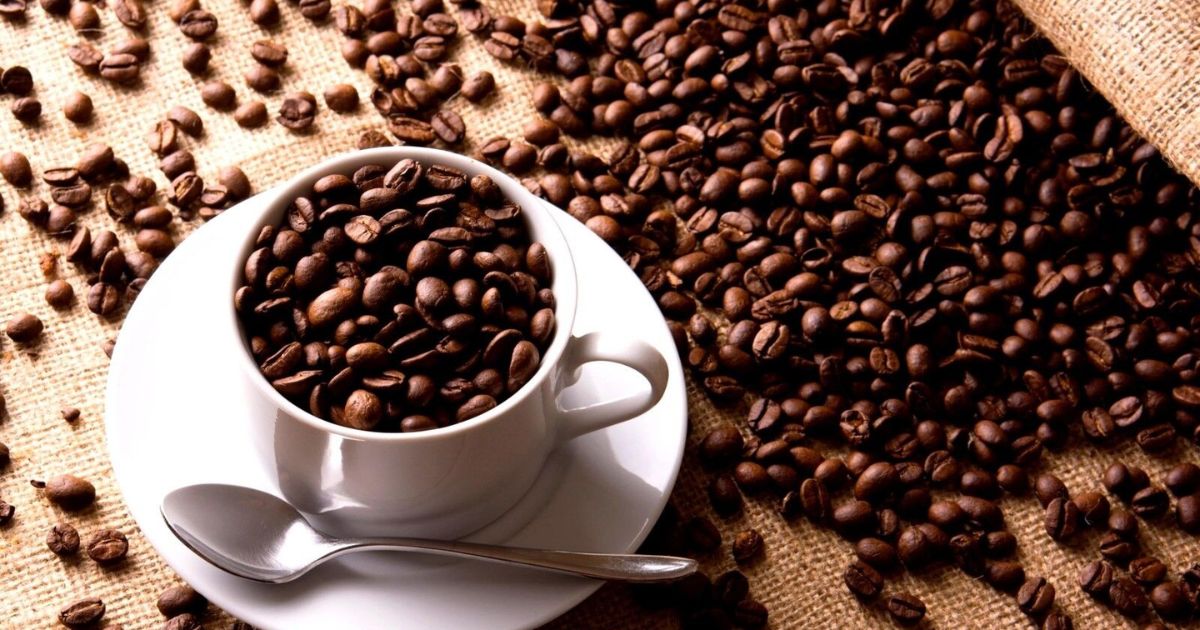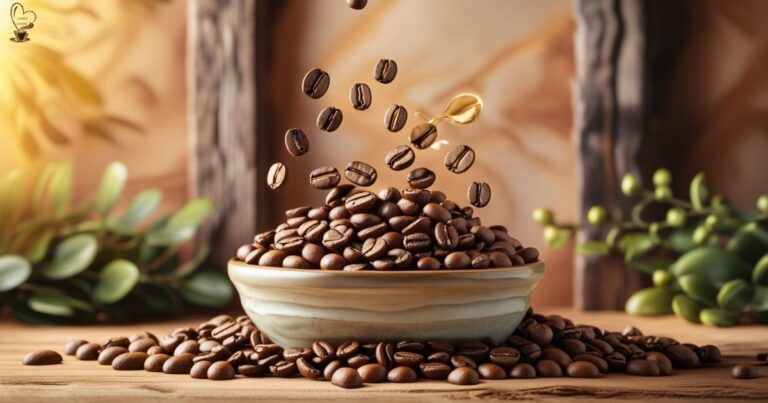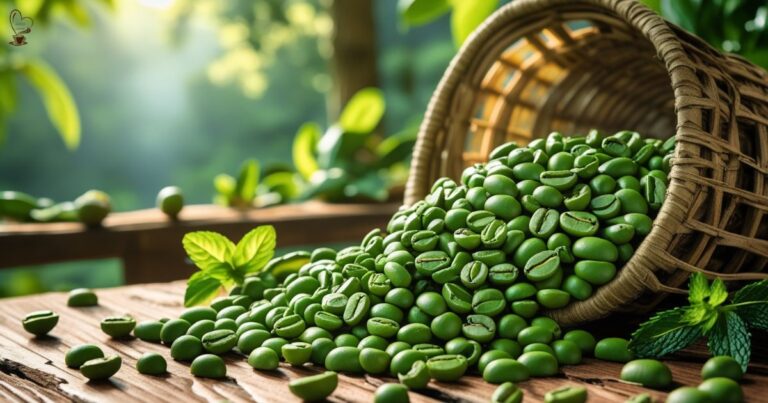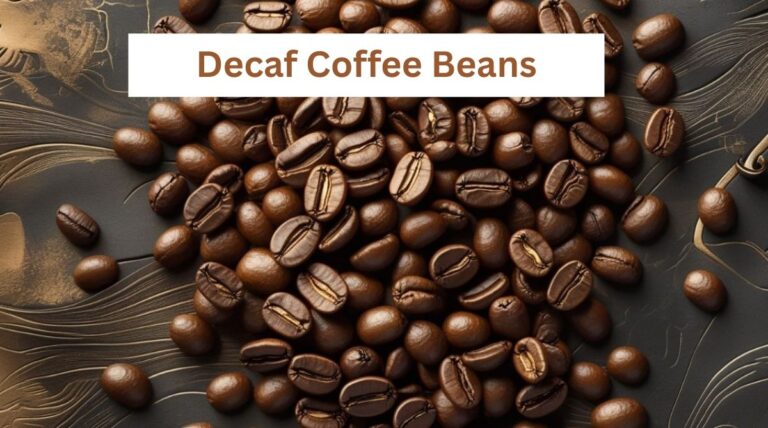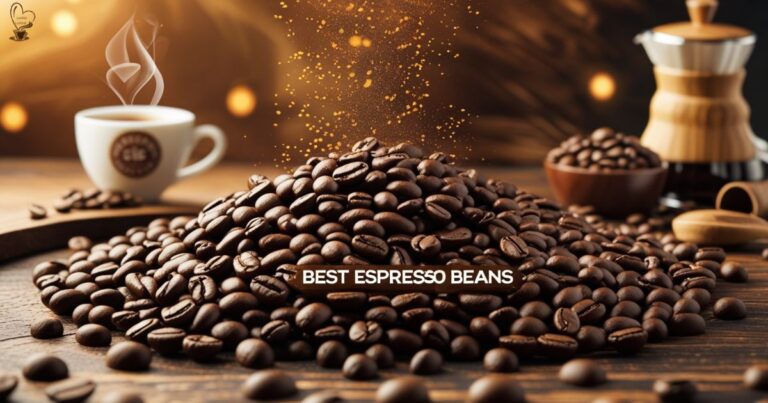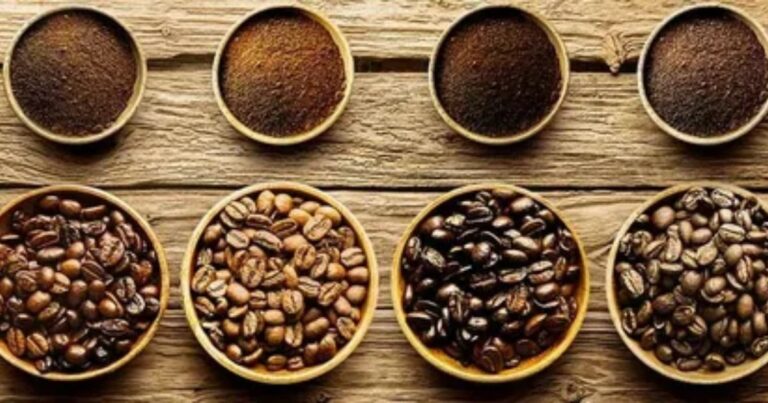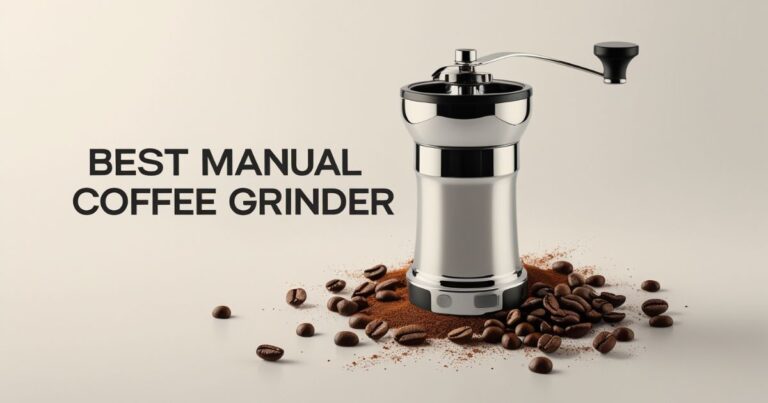Can You Eat Coffee Beans Safely? A Complete Guide (2025)
Coffee is a beloved beverage worldwide, but have you ever wondered, can you eat coffee beans? The answer is yes, you can! Coffee beans are not only edible but also packed with unique flavors and benefits. In this guide, we’ll explore whether eating coffee beans is safe, their caffeine content, and some tips to enjoy them.
Can You Eat Coffee Beans?
Yes, you can eat coffee beans! These are the seeds of the coffee plant, roasted to create the rich flavors we enjoy in our cups of coffee. When eaten, they have a crunchy texture and a slightly bitter taste. Chocolate-covered coffee beans, for instance, are a popular snack.
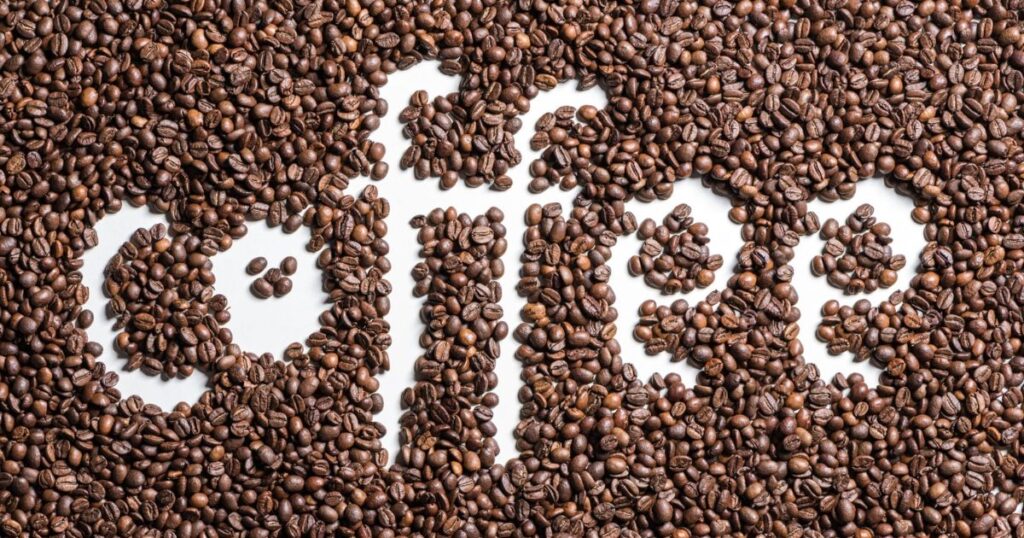
However, eating raw coffee beans can be an acquired taste. They are much harder and more bitter than roasted ones. So, while eating coffee beans is entirely safe, it’s best to opt for roasted varieties for a better flavor experience.
Are Coffee Beans Edible?
Absolutely, coffee beans are edible. Many coffee enthusiasts enjoy snacking on roasted coffee beans for a quick caffeine boost. They’re often consumed on their own or coated in chocolate for added sweetness. Eating coffee beans allows you to experience the full intensity of the coffee flavor, which is often diluted in brewed coffee.
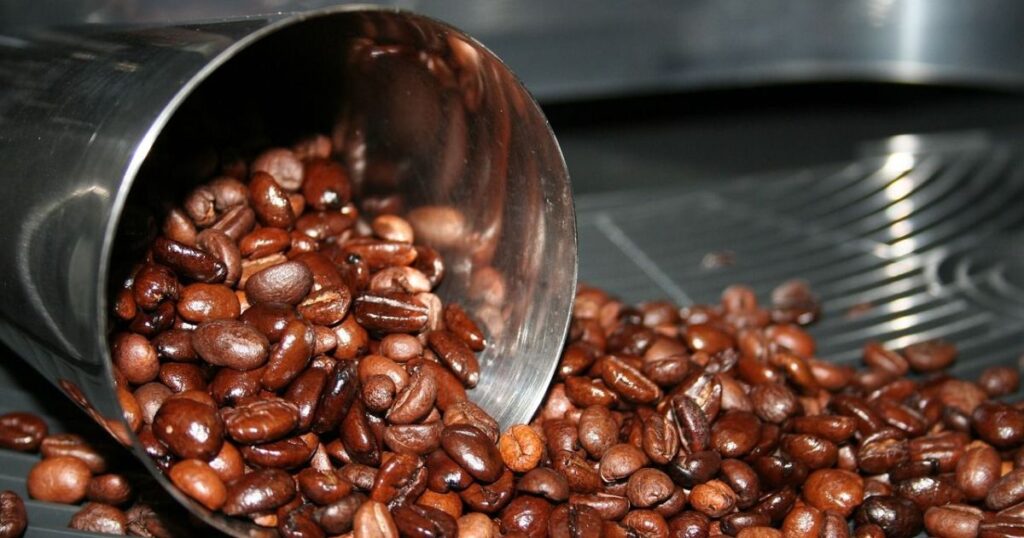
Raw coffee beans are also edible but less commonly eaten due to their tough texture and grassy flavor. Roasting not only enhances the flavor but also makes the beans easier to chew.
Does Eating Coffee Beans Give You Caffeine?
Yes, eating coffee beans gives you caffeine, and in a more concentrated form than brewed coffee. A single coffee bean contains around 6 milligrams of caffeine. This amount can vary depending on the bean’s size and variety.
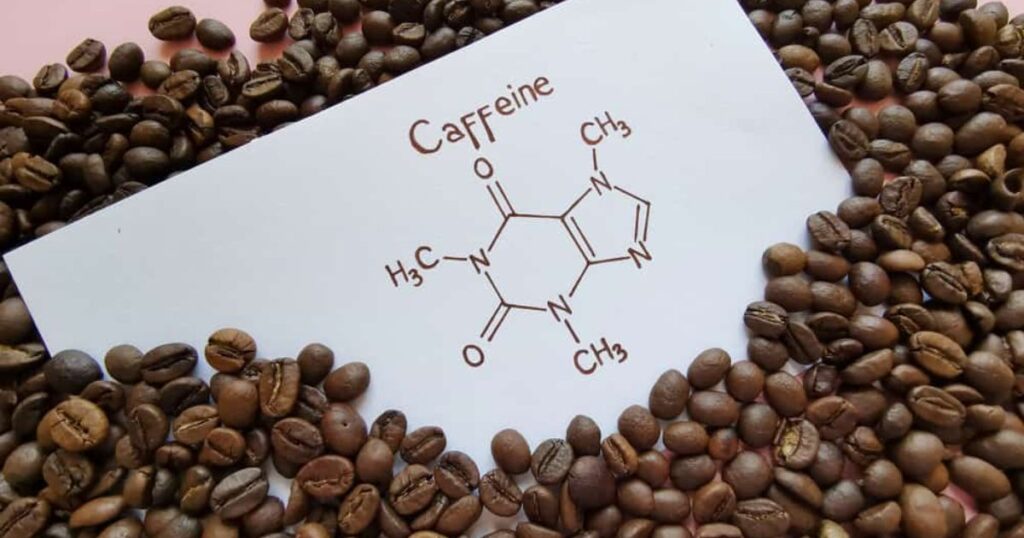
For context, an average cup of coffee contains 80-100 milligrams of caffeine. Eating a handful of coffee beans can provide the same caffeine boost as a cup of coffee, but it’s important to be cautious about how many you consume to avoid overloading on caffeine.
Read More about Does Powerade Have Caffeine? The Surprising Facts
Can You Eat a Coffee Bean Raw?
Yes, you can eat a raw coffee bean, but it might not be the most enjoyable experience. Raw beans are much harder and have a grassy, earthy flavor that differs significantly from the roasted beans most people are familiar with. While they’re safe to eat, the tough texture and strong taste may not appeal to everyone.
For those interested in trying raw coffee beans, start with a small amount to see how you like the flavor and texture. Most people prefer roasted coffee beans for their enhanced taste and chewable texture.
Eating Coffee Beans: Benefits and Drawbacks
Benefits:
- Quick Energy Boost: Eating coffee beans gives you caffeine in its most concentrated form, providing a rapid energy boost.
- Rich in Antioxidants: Coffee beans contain antioxidants like chlorogenic acid, which may help reduce inflammation and protect against certain diseases.
- Portable Snack: Roasted coffee beans are a convenient, on-the-go snack for coffee lovers.
Drawbacks:
- Caffeine Overload: Overconsumption of coffee beans can lead to side effects like restlessness, rapid heartbeat, and insomnia.
- Digestive Issues: Eating too many coffee beans, especially on an empty stomach, can cause stomach discomfort.
- Hard Texture: The hardness of raw coffee beans may be tough on your teeth.
Can You Eat Coffee Grounds?
While it might sound unusual, can you eat coffee grounds? The answer is yes, in small amounts. Coffee grounds are often used in recipes like smoothies, baked goods, or as a topping for desserts to add an extra coffee flavor.
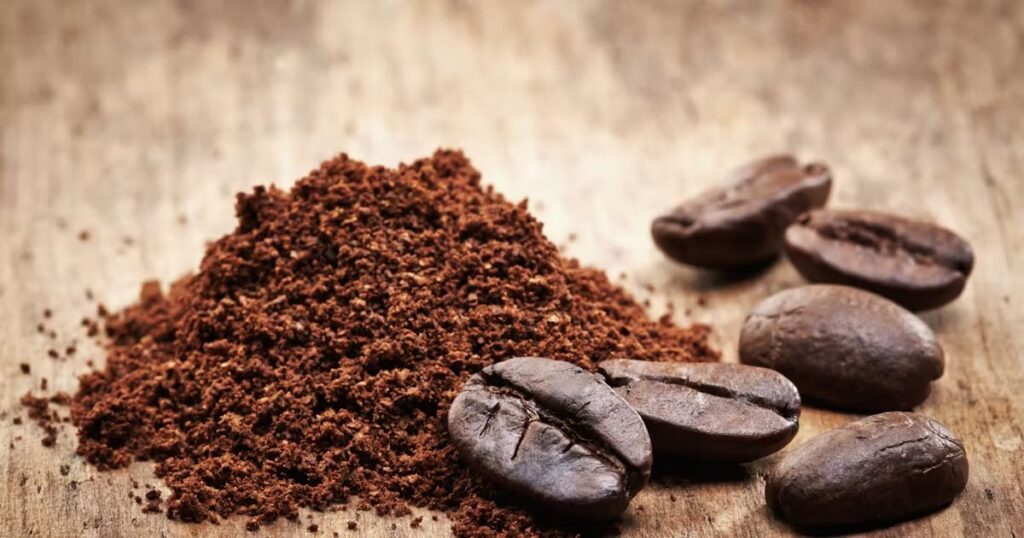
However, coffee grounds can be gritty and bitter, so they’re better consumed as part of a recipe rather than on their own. Consuming too many coffee grounds can lead to an excessive caffeine intake, so moderation is key.
Personal Experience: My Take on Eating Coffee Beans
As a coffee enthusiast, I’ve tried eating coffee beans both raw and roasted. Raw beans weren’t for me—too hard and bitter. However, roasted coffee beans were a delight! They’re great as a quick snack during busy mornings or when I need an energy boost without brewing a full cup.
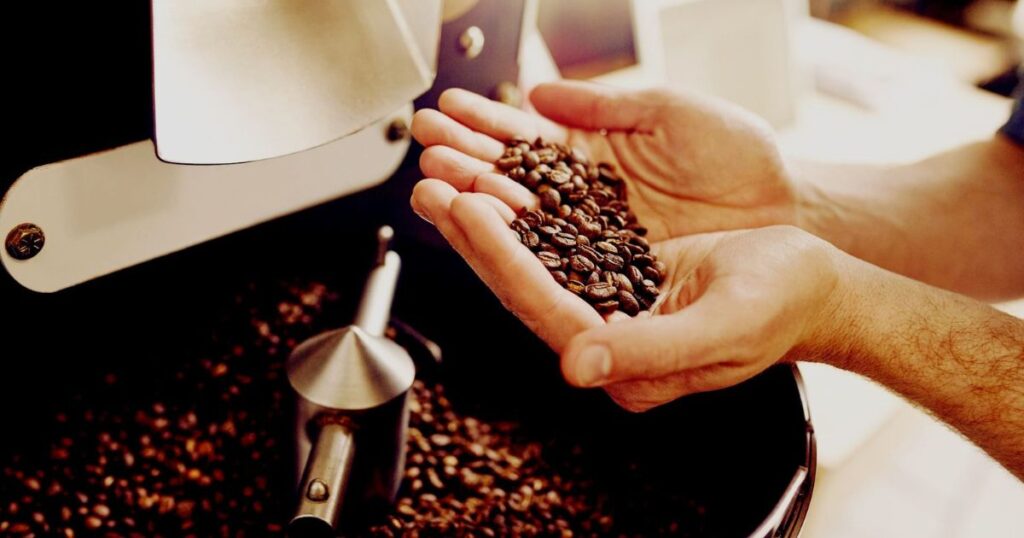
My favorite way to enjoy them? Chocolate-covered coffee beans! They balance the bitterness of the coffee with the sweetness of chocolate, creating a perfect treat. I also enjoy sprinkling crushed roasted beans over desserts for a unique coffee kick.
Tips for Eating Coffee Beans Safely
If you’re new to eating coffee beans, here are some tips to enjoy them safely:
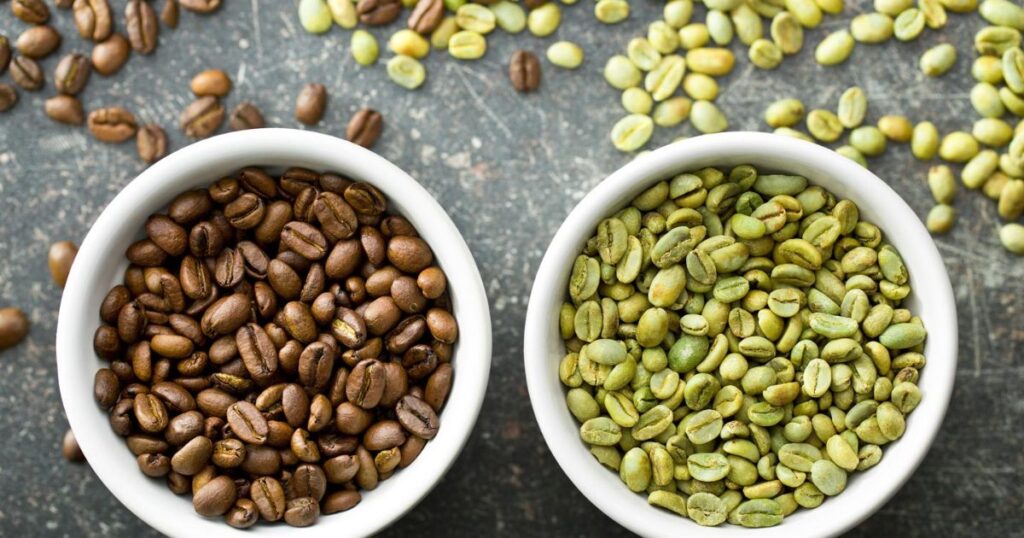
- Start Small: Begin with a few roasted beans to see how your body reacts to the concentrated caffeine.
- Pair with Food: Eating coffee beans alongside other foods, like nuts or chocolate, can help balance their strong flavor.
- Choose Roasted Beans: For a better taste and easier chewing, opt for roasted beans over raw ones.
- Monitor Caffeine Intake: Keep track of how many beans you eat to avoid consuming too much caffeine.
Final Thoughts
So, can you eat coffee beans safely? Yes, but moderation is key. Whether you’re snacking on roasted beans, trying a raw one, or incorporating coffee grounds into recipes, there are plenty of ways to enjoy this unique coffee experience.
Eating coffee beans can be a fun way to explore the flavors and benefits of coffee, but it’s important to be mindful of your caffeine intake and personal preferences. Give it a try and discover a new way to appreciate your favorite coffee!
FAQs
Is it OK to eat raw coffee beans?
Yes, it is safe to eat unroasted coffee beans. However, they are harder, more bitter, and have a grassy flavor compared to roasted beans. Eating them in moderation is recommended, as they contain concentrated caffeine.
How many coffee beans can you safely eat?
You can safely eat about 50 coffee beans, depending on your caffeine tolerance. This is roughly equivalent to the caffeine content in 4-5 cups of coffee. Consuming more can lead to side effects like jitteriness or an upset stomach.
Can you eat coffee beans by itself?
Yes, you can eat coffee beans on their own. They are edible and often consumed as a snack, sometimes coated in chocolate. Keep in mind they are crunchy and have a strong, bitter taste.
Can your body digest coffee beans?
Yes, your body can digest coffee beans, and they are safe to eat. However, consuming them in excess can cause side effects like digestive discomfort or caffeine-related issues. Moderation is key for safe consumption.
How many chocolate covered coffee beans equal a cup of coffee?
Approximately 10–20 chocolate-covered coffee beans contain the same amount of caffeine as one cup of coffee. The exact number depends on the type of coffee bean and chocolate used. Consume them in moderation to avoid caffeine overload.
How much caffeine is in a single coffee bean?
A single coffee bean contains approximately 6 milligrams of caffeine. The exact amount can vary depending on the type of bean and roasting level. Darker roasts tend to have slightly less caffeine per bean.
